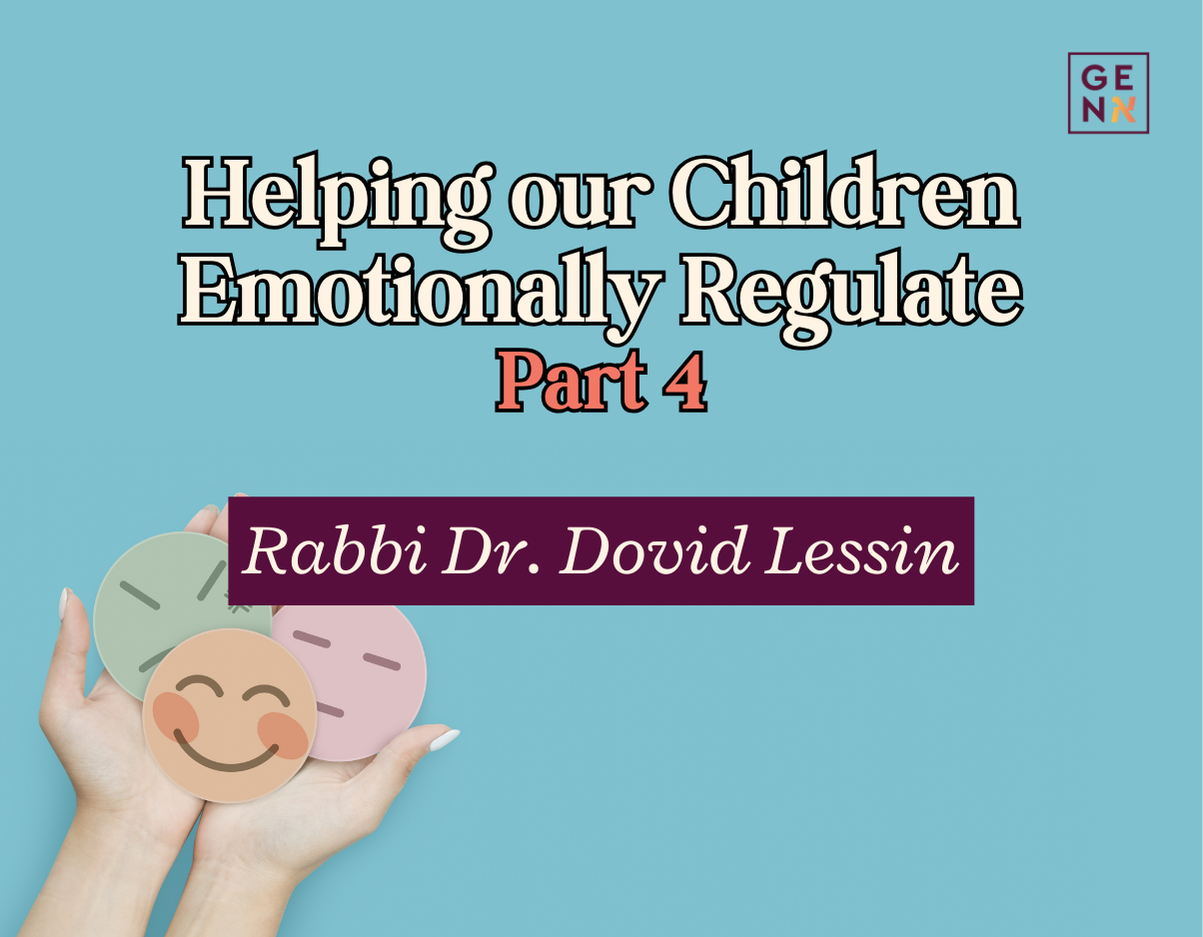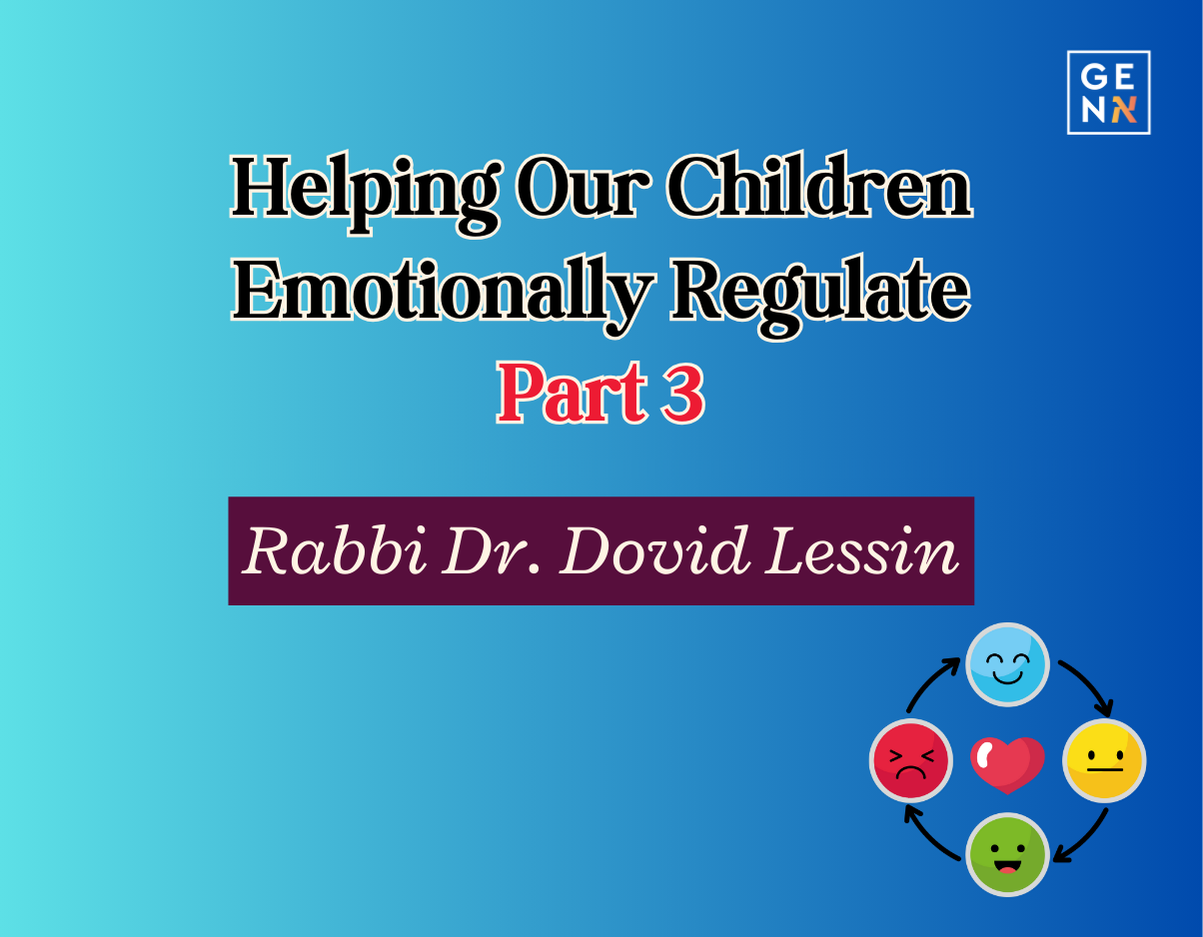Nine years ago I was hospitalized In Haddasah Ein Kerem for a month with a ruptured appendix. I was admitted into the ICU where I was on a constant drip of IV administered medication. The medicine wreaked so much havoc on my digestion system that I was put on the same anti nausea medication that cancer patients receive when undergoing chemotherapy. I lost over thirty pounds in less than four weeks and the doctors had me drinking Ensure to maintain my weight. While I was mostly confined to my bed, the doctors asked me to take a daily walk down the hospital hall so that my muscles would not atrophy. What should have been a thirty second walk took me about forty five minutes. I would then rest in the sitting area at the end of the hall for fifteen minutes and then take the forty five minute hike back to my room. Afterwards I would sleep for about four hours to recover. Most days I didn’t even have the strength to daven. At the end of my stay, after I had mostly recovered, there was a debate among the doctors in the hospital. The two chiefs of surgery wanted to wait until the end of the summer to perform the necessary surgery while the chief of medicine wanted to perform the surgery immediately. In a closed door off the record meeting the chief of surgery explained to me that I was not well enough for surgery. My stomach was still significantly inflamed. Any surgery would necessitate removing part of my intestine and parts of other significant organs. He felt that the chief of medicine was only ordering the surgery to cover himself in case something happened to me over the summer. He said the surgery was “immoral” and refused to perform the surgery even when I offered to pay him privately (he and I had become good friends over the duration of my stay). In the end, I was released from the hospital (behind the chief of medicine’s back), and the surgery took place at the end of the summer. Thank God it was successful and I have lived to tell the tale.
I share with you this story because as parents we regularly confront a similar situation. Rav Dessler writes that Mussar is like surgery. The patient has to be well enough to survive the surgery. A person who is suffering from low self esteem, depression, anxiety etc… is not in a position to hear words of Mussar. One must first build up the person in order for them to be able to hear the Mussar. Rav Hutner zt”l once quipped that in America the Mussar of Slabodka (which was focused on the greatness of man) was more successful than the Mussar of Novardok (which focused on the smallness of man) because you have to be a zich (a something) before you can be a nisht (a nothing). In Europe, where people had a strong sense of self, they were able to survive the challenging Mussar of Novardok whereas in America, where people had a much weaker sense of self, they needed the Mussar of Slabodka to build them up first. A parent who delivers a critical message to a child who is not ready to hear it has only done damage to that child.
The story is told that a Talmid in Shor Yoshuv once missed Shacharis for consecutive days. When the venerated Rosh Yeshiva, Rav Shlomo Freifeld zt”l, a Gadol in Torah and in Chinuch mentioned to the Talmid that he had missed him, the Talmid lied about his whereabouts. Rav Freifeld did not respond and the conversation ended. Six months later Rav Freifeld approached the talmid and asked, “Do you remember the conversation we had about missing shachris six months ago?” The Talmid nodded. “And do you remember that at the time you said something untrue?” The Talmid nodded again. The room was silent for a long moment before the Talmid asked, “Why did Rebbe wait so long to say anything?” Rav Freifeld replied, “Six months ago you had not yet grown ears. Now you have ears.” The brilliance of Rav Freifeld is seen in his patience. How many of us would have instinctively called this Talmid out on the spot? Even if we would do so in the most gentle of fashions, the Talmid had not yet grown ears. Our words of Mussar would not have had any positive impact. It is far more likely that our words would have done more harm than good. Spending six months working with this Talmid so that he could become a person who could hear the Mussar is the hallmark of a great educator and a loving parent.
Returning once again to the Sugya of the Ben Sorer U’Moreh, I would like to share with you an absolutely stunning idea from the Klausenberger Rebbe zy”a that I heard from Rav Aharon Pessin shlit”a. What happened to this child that he became a Ben Sorer U’Moreh? How did an innocent child become a glutton and a thief? A child who refused to follow his parents instructions? The Klausenberger Rebbe explains the Passuk in a beautiful fashion.
כִּי־יִֽהְיֶ֣ה לְאִ֗ישׁ בֵּ֚ן
The Ribono Shel Olam gave a man a beautiful son. Precious and innocent.
סוֹרֵ֣ר וּמוֹרֶ֔ה אֵינֶ֣נּוּ שֹׁמֵ֔עַ בְּק֥וֹל אָבִ֖יו וּבְק֣וֹל אִמּ֑וֹ
But he became a wayward son that does not listen to his mother or father. How is this possible? What went wrong?
וְיִסְּר֣וּ אֹת֔וֹ וְלֹ֥א יִשְׁמַ֖ע אֲלֵיהֶֽם
Because they were constantly giving him Mussar he stopped listening to his parents.
Though this is far from the plain meaning of the Passuk it expresses such a critical idea in parenting. Knowing when and how to give Mussar is an important part of parenting. Too much Mussar in the wrong time is destructive. Delivering instruction to our children gently and only when they have grown ears is of paramount importance. And of course, it goes without saying that the parent has enough deposits in the emotional bank account to make a withdrawal.
At the end of the Holocaust, thousands of survivors found themselves in Displaced Persons Camps, among them the Klausenberger Rebbe. Facing the emotional, psychological and spiritual devastation head on, the Klausenberger Rebbe became a safe haven for those who were in desperate need of connection. He reached out to all Jews with a compassionate heart and a warm listening ear. The love the Rebbe exuded to those around him left a lasting impression on all those he encountered. The Klausenberger Rebbe specifically looked out for the orphaned children and became a surrogate parent to many children in the DP camps.
One day while walking through the camp he chanced upon a teenage girl whose legs were uncovered. In a pleasant fashion the Rebbe asked the girl why she was not wearing stockings. The girl replied that she had none to wear. The Rebbe immediately removed his own black socks, the only pair that he possessed, and gave them to the girl. He explained that while he had no obligation to wear socks, the dignity of a Jewish daughter obligated her to dress modestly.
Years and years went by and ultimately the Rebbe passed on to the next world. An older lady, beset with health issues, made the long trek to pay a Shiva call and arrived holding a brown paper bag. Sitting down with the Klausenberger Rebbe’s children she tearfully removed an old pair of black socks from the brown paper bag. She explained to the children that to her those socks represented the Klausenberger Rebbe’s love for her. That she remained a Bas Melech even in the depths of Gehenom. As a result of the warmth and attention that the Klausenberger Rebbe showed to her in the DP camps she raised a beautiful family, devoted to serving Hashem.
A kind word in the right moment, even when delivering a hard message can save a soul. In the wrong time and in the wrong way, it can be devastating. May we merit to follow in the Klausenberger Rebbe’s holy ways.
Submit your questions
"*" indicates required fields










